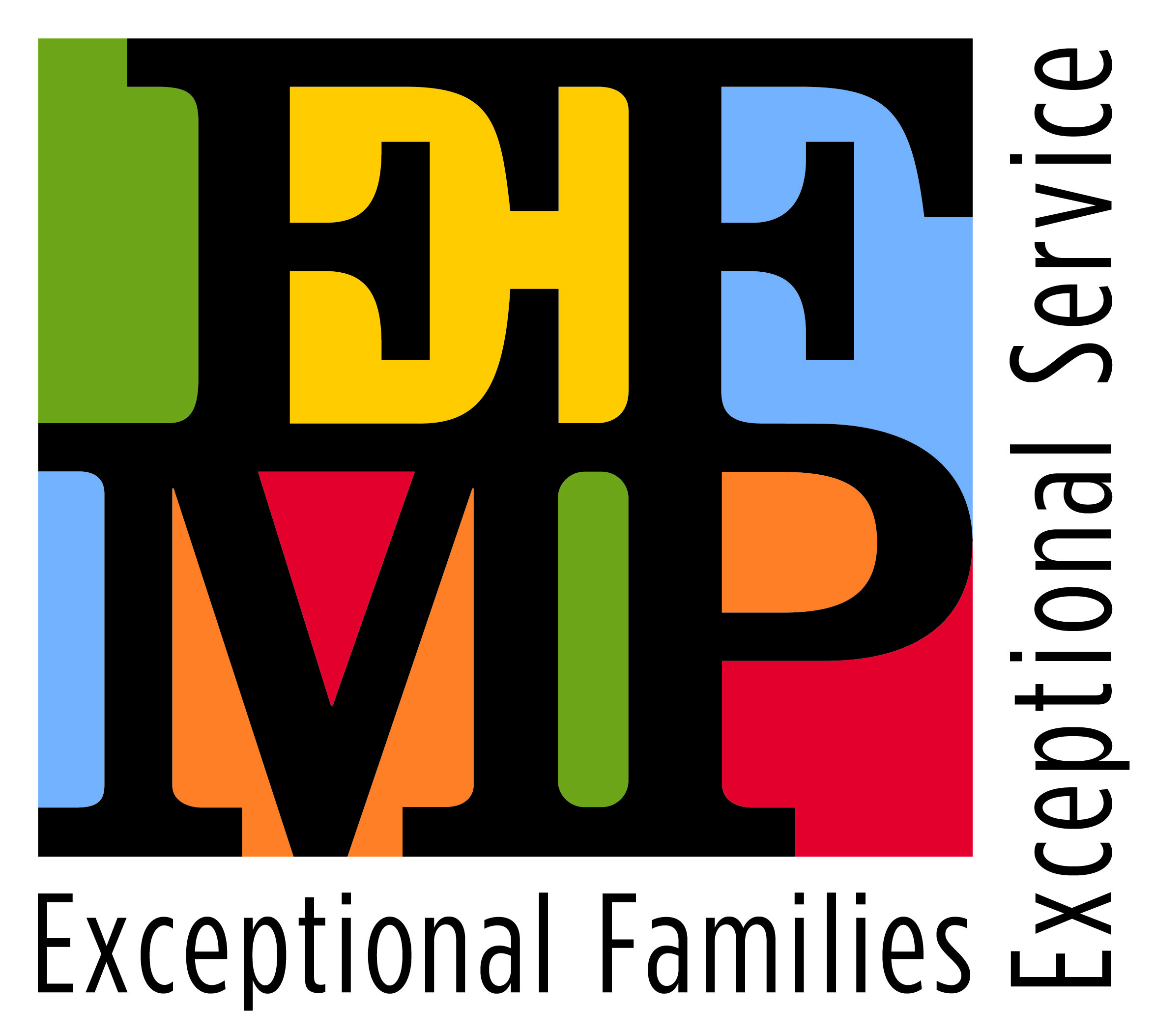by Tammie Moore, Fort Meade Public Affairs

Photo By Shellie-Anne Espinosa | The Exceptional Family Member Program was created in the 1980s to support families with special needs. (courtesy graphic)
Preparing for orders with an exceptional family member
(Editor’s note: This article is part three of a three-part series highlighting the Fort Meade Exceptional Family Member Program. The first article focused on the identification and enrollment process. The second article focused on family support services. This article focuses on the assignment process.)
FORT GEORGE G. MEADE, Md. – Making a permanent change of station move requires a lot of coordination, the process takes even more time and energy when the service member is moving with an exceptional family member.
These service members not only have to coordinate their transfer paperwork and their move, but may also have to reestablish specialized medical care, line-up specialized educational support, find a home that is suitable for their exceptional family member’s unique needs, reestablish respite care, and more.
Families with exceptional members don’t have to navigate the PCS process alone. The Exceptional Family Member Program has three components: Identification and Enrollment, Family Support, and Assignment Coordination. The Family Support and Assignment Coordination components help service members and family with the PCS process.
“The goal of EFMP is to ensure these family members continue to get their medical or educational needs at whatever duty station that family is next assigned,” said Dr. Denise M. Richardson, Kimbrough Ambulatory Care Center chief, medical operations and a child, adolescent and adult psychiatrist.
The Fort Meade Director of Human Resources, Wes Smith, oversees the military personnel division. He encourages service members with an assignment notification to attend the earliest levy brief they can.
“That levy brief is going to give you the road map of what is required through the orders process to include EFMP,” Smith said. “The earlier you start, the better off the process is going to be for you. If you received a stateside assignment, the Army Human Resource Command will have prescreened your EFMP before you received the assignment notification. If you receive an overseas assignment, you're going to be required to go through a medical screening. You will be required to complete a Department of the Army Form 5888 that must be signed and stamped by ACS EFMP, as well as a physician as part of your PCS packet.”
The KACC EFMP three-person staff assists all Fort Meade Soldiers with assignment coordination when they have an exceptional family member or if they are relocating their family overseas. To streamline the process Dwayne Watson, KACC medical EFMP case coordinator, encourages families to keep up with their medical records.
“If you are seeing a civilian provider, make sure you get records of those visits and get it loaded into the military medical record, so when your assignment comes up you don’t have to go get them, they are already there,” Watson said.
Off-post medical providers can take up to 30 days to provide families with a copy of patient records, which adds additional time to the intensive review process.
“We do almost a forensic evaluation of your medical records,” Watson said. “So, this is not a fast process.”
While families often want to get a jump start on their PCS to-do list, Richardson encourages them not to make any major decisions before receiving their official clearance to leave for a new assignment.
“Please do not sell your house, please do not give up the lease to your apartment, do not make assumptions,” Richardson said. “We unfortunately have families who have done all of that and things have not worked out as they anticipated.”
Richardson and Watson want families to be mindful that even though they have pending orders to an area with the specialties their exceptional family member needs they still may not be cleared for the assignment.
It is common for Soldiers to think that a place with a major medical facility will be able to provide care, Watson said. “Yes, they may have all the specialties, but they may not have capacity. They have to have the capacity to provide care.”
The Army Community Services EFMP team can help Soldiers with exceptional families prepare for an upcoming move by linking them with support and resources at the gaining location. They can also help EFMP families, regardless of military branch, integrate into the Fort Meade community.
“Trying to coordinate services for special needs, family members can be overwhelming,” said Liesa Jacobs, ACS EFMP manager. “We don't want you trying to search for services by yourselves and being overwhelmed. It is so much easier getting us involved when you are first seeking out services, especially with education and housing.”
For more information about the KACC EFMP process, call 301-677-8502/8285/8411, visit the office during walk in hours Tuesday and Thursday from 9 a.m. to noon, or email usarmy.meade.medcom-kacc.mbx.efmp@mail.mil. For more information about ACS EFMP visit their web page Army Community Service, call 301-677-5990, or stop by 830 Chisholm Ave. Monday through Fridays from 7:30 a.m. to 4 p.m. To contact The Army Human Resources Branch call 502-613-5861 or DSN 983-5861 or email usarmy.knox.hrc.mbx.epmd-efmp-poc@army.mil. All email correspondence with HR should be sent through encrypted channels and include the service member’s grade, full name, social security number and military occupational specialty code.





